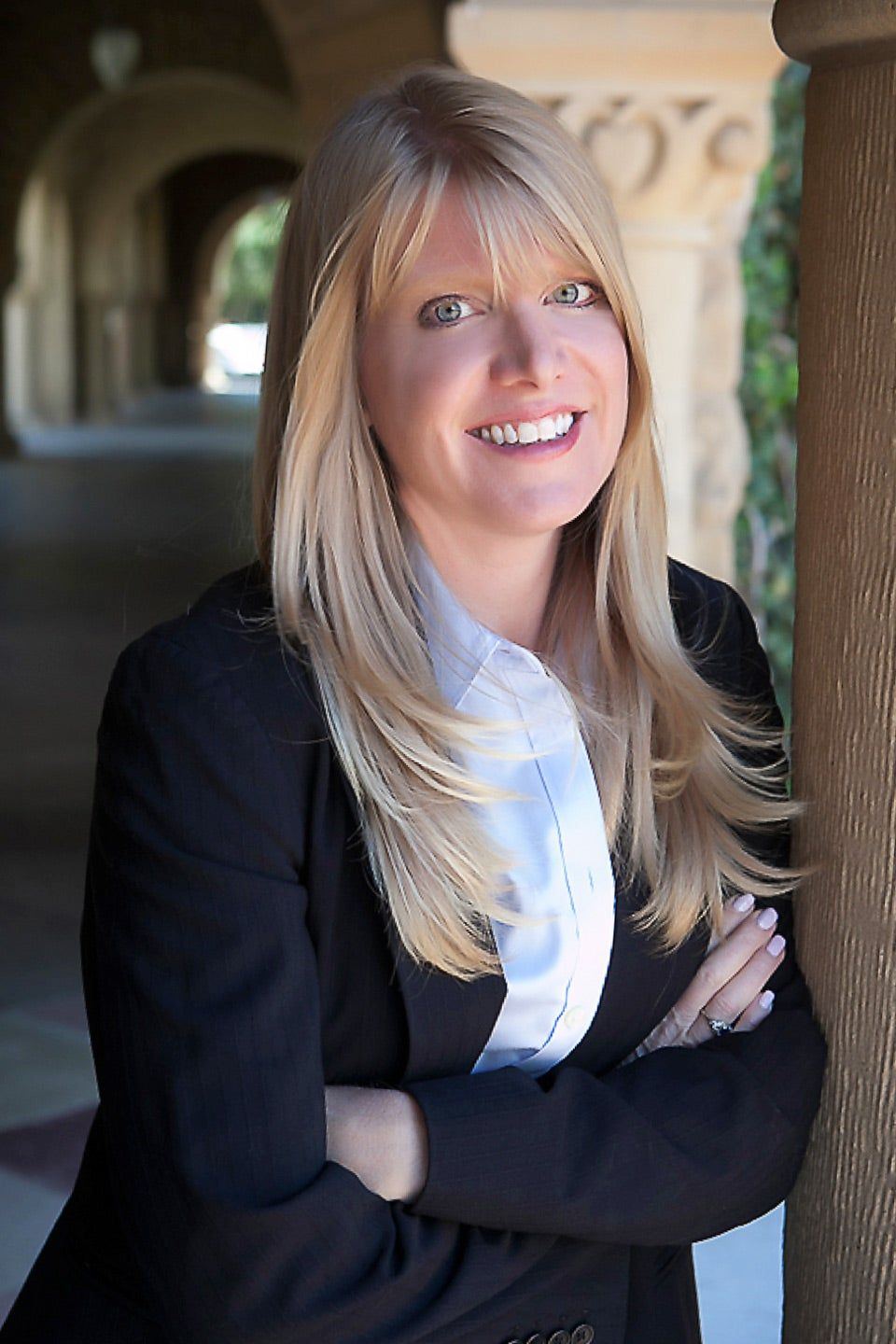To further its efforts to cultivate an inclusive campus community with a deep commitment to preventing sexual violence, Stanford has established a new senior position to coordinate all of the university’s programs promoting equity and access.
Following a national search, the role of senior associate vice provost for institutional equity and access will be filled by Lauren Schoenthaler, a member of the Stanford community since 2001. She will be responsible for oversight, implementation and coordination of programs and offices that ensure equity and access across the Stanford community, including Title IX and sexual violence prevention programs.

Lauren Schoenthaler has been appointed to the new position of senior associate vice provost for institutional equity and access. (Image credit: Sylvia Fife/Great Fx Photography)
“Stanford is committed to promoting a culture of genuine respect in which sexual harassment and misconduct have no place, and this new position reflects and reinforces that commitment,” said Provost John Etchemendy. “Lauren Schoenthaler is a leader on issues of equal opportunity, violence prevention and compassionate support for students. She also brings a deep knowledge of the Stanford community, effective relationships built over a 15-year period of service to the university and a dedication to ensuring educational opportunity for all students.”
The new position will oversee Stanford’s Title IX Office, SARA Office (Office of Sexual Assault & Relationship Abuse Education & Response), Sexual Harassment Policy Office, Diversity and Access Office and the University Ombuds.
The senior associate vice provost, a member of the provost’s leadership team, will work with these offices and other colleagues across the university to address matters of institutional policy and resource allocation related to equal opportunity, affirmative action, gender equity and compliance with Title IX and other nondiscrimination laws.
Currently a senior university counsel at Stanford, before coming to Stanford Schoenthaler briefly served as a deputy district attorney in Santa Clara County, where she prosecuted both juvenile sexual assault and misdemeanor domestic violence cases. At Stanford, she has been an advisory member to the Board on Judicial Affairs since 2008 and part of the Provost’s Task Force on Sexual Assault. She helped draft the current Student Title IX Process as well as the Administrative Title IX Process. In addition, in her former role in the legal office, Schoenthaler advised on matters involving access, equity and discrimination concerns.
“I am honored that Stanford has asked me to take on this important role,” said Schoenthaler. “Stanford is such an extraordinary institution and I am thrilled to be joining the team that works to ensure equal access to all and the elimination of sexual violence.”
In her earlier work in the private sector, Schoenthaler was an associate of the firm today known as Pillsbury Winthrop, practicing primarily in the areas of antitrust, intellectual property and general litigation. Schoenthaler also clerked for the Hon. A. Wallace Tashima both at the Ninth Circuit Court of Appeals and the Central District of California, and while in law school she externed for California Supreme Court Justice Joyce Kennard (Ret.). Schoenthaler received her BA degree from Northwestern University and her JD from Hastings College of the Law. Before entering law school, Schoenthaler worked for the Chicago Chapter of the National Organization for Women, on a project to understand the impact of the terms “rape” and “sexual assault” on victims and jurors.
Stanford has undertaken an array of efforts to develop and strengthen policies, programs and campus culture to reduce the incidence of sexual violence and sexual harassment. In the 2016-17 academic year, Stanford is investing an additional $2.7 million in these efforts, the largest single allocation of new general funds in the 2016-17 budget. More information is available on the university’s Not Alone website.